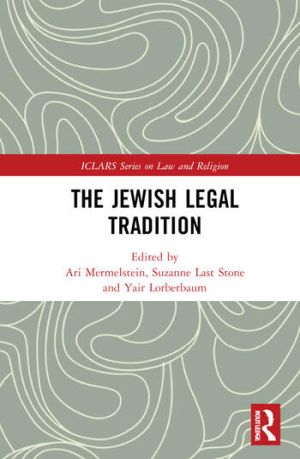
This book provides an in-depth exploration of the Jewish legal tradition, or halakhah, through the lens of modern legal philosophy. The interdisciplinary approach of the book makes complex ideas accessible, offering insights into how Jewish legal thought both parallels and diverges from modern legal theory. By examining primary sources through a contemporary legal-theoretical framework, the volume offers a pedagogical approach to halakhah. Readers will gain a nuanced understanding of the deep structure of Jewish law through the rigorous application of modern legal philosophy. The book's structured approach, dividing chapters into conceptual discussions, primary source analyses, and synthetic reflections, provides a comprehensive guide for exploring Jewish legal thought. The collection not only enhances the study of halakhah but also contributes to broader discussions in legal theory and philosophy, making it a valuable resource for diverse audiences.
The book is intended for scholars and students of Jewish law, legal theory, and Jewish studies. It is also designed for law schools, Judaic studies programs, and lay readers interested in the philosophical dimensions of religious legal systems.